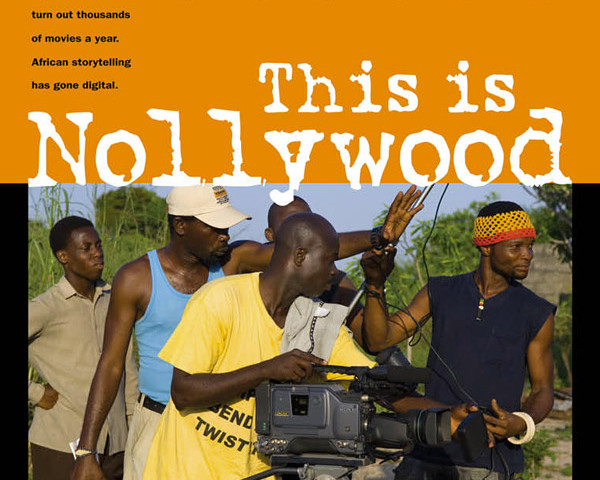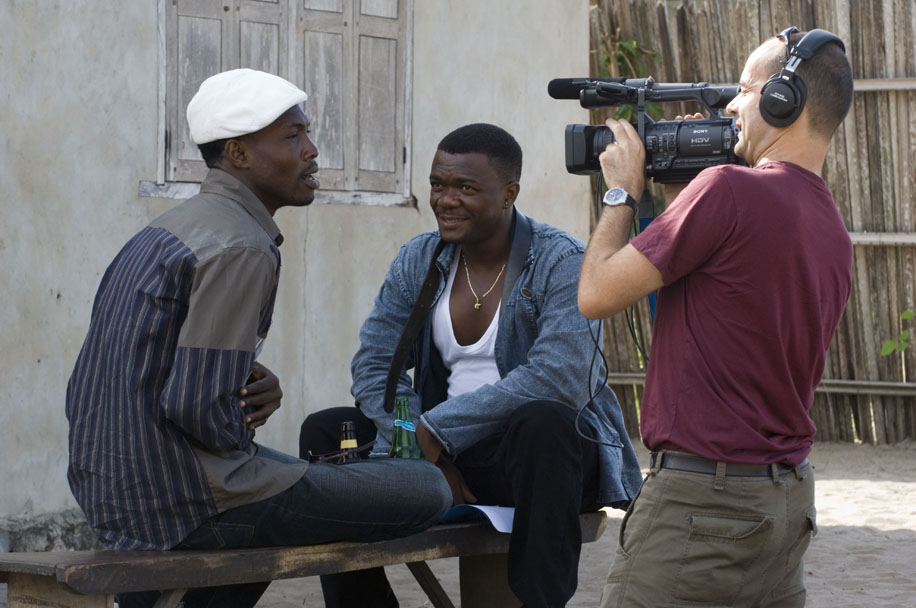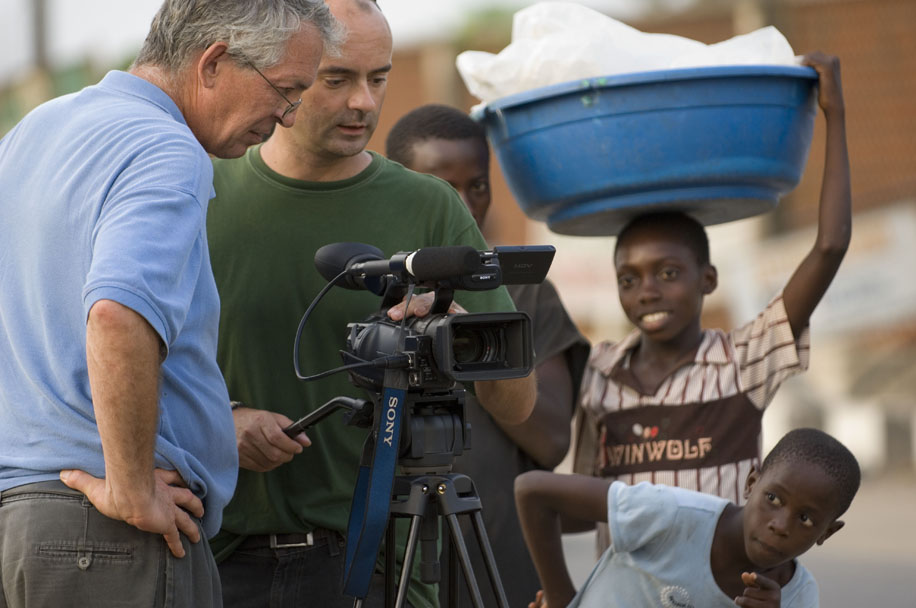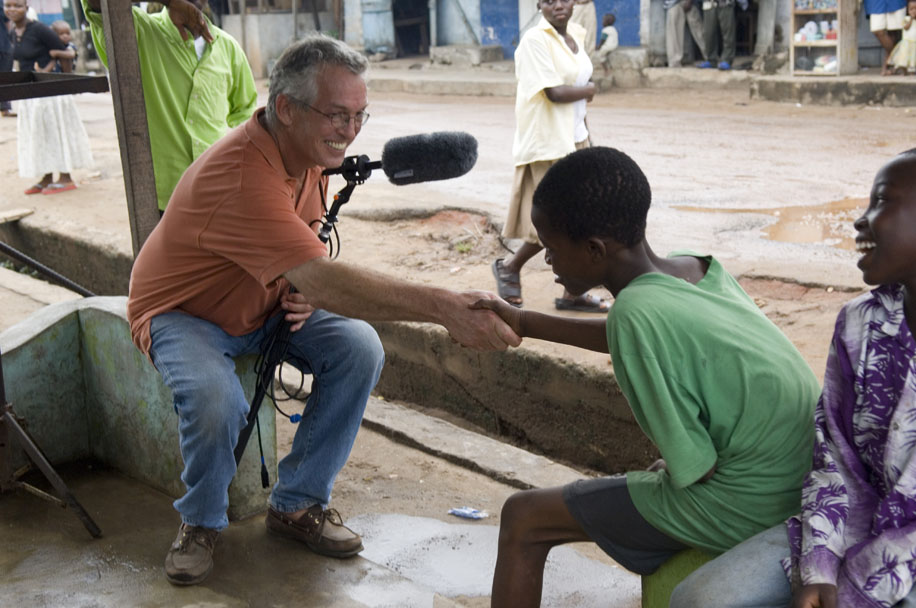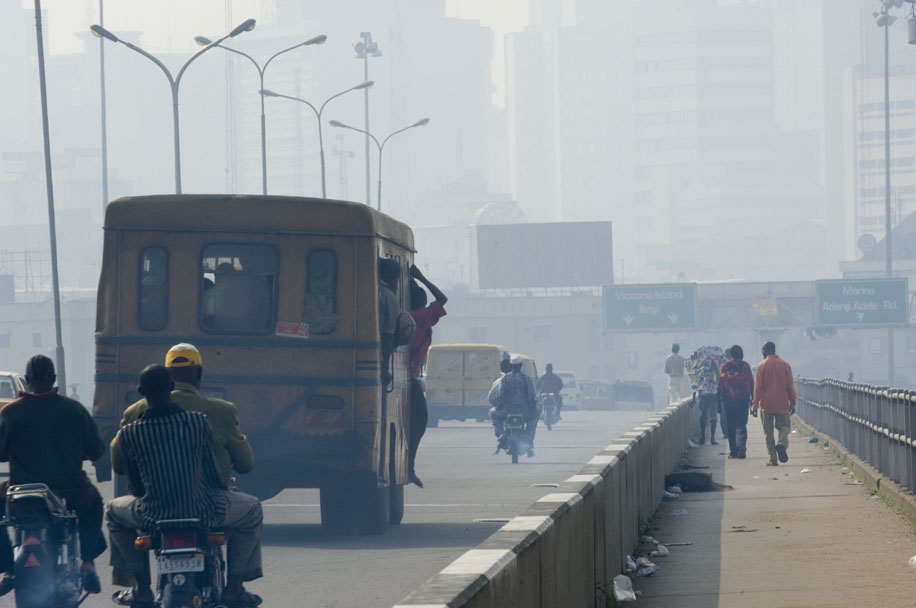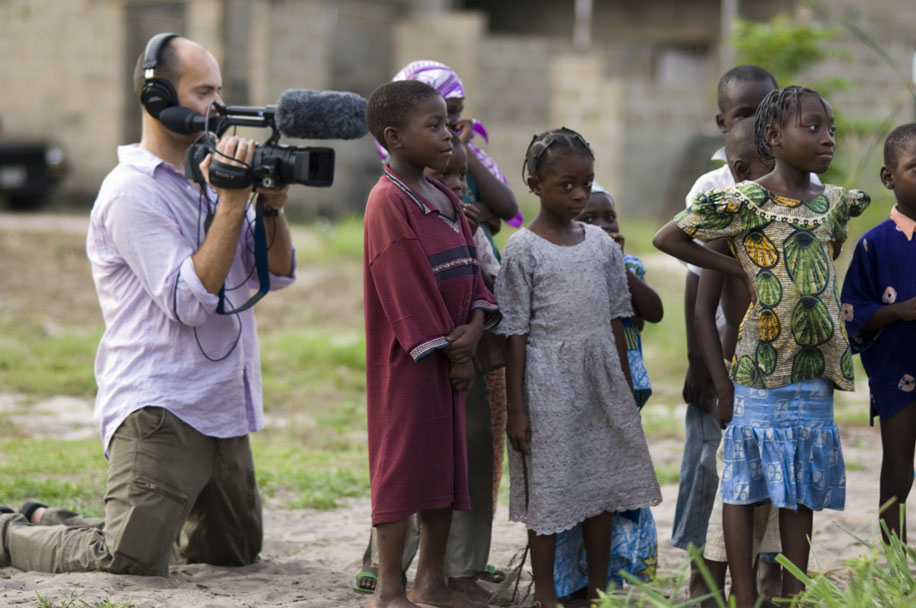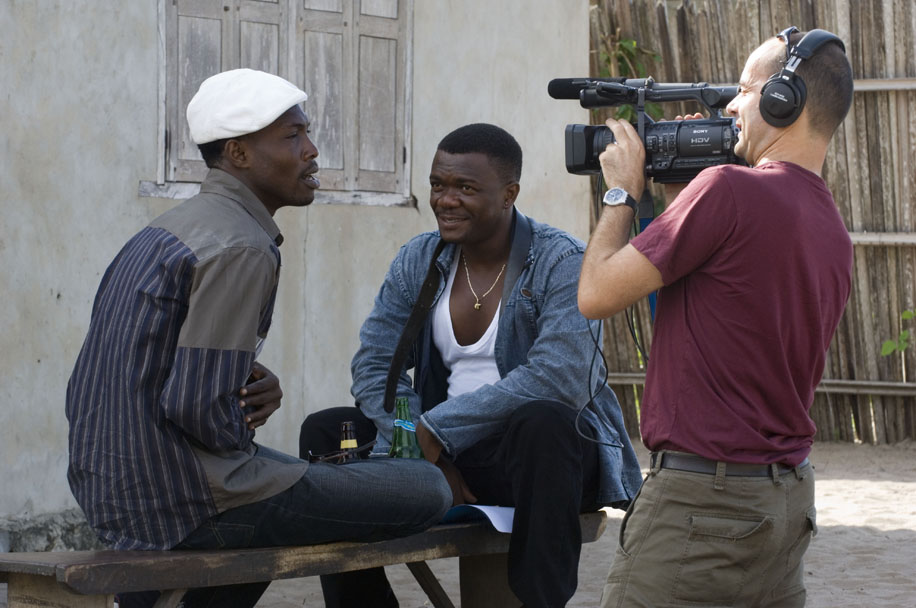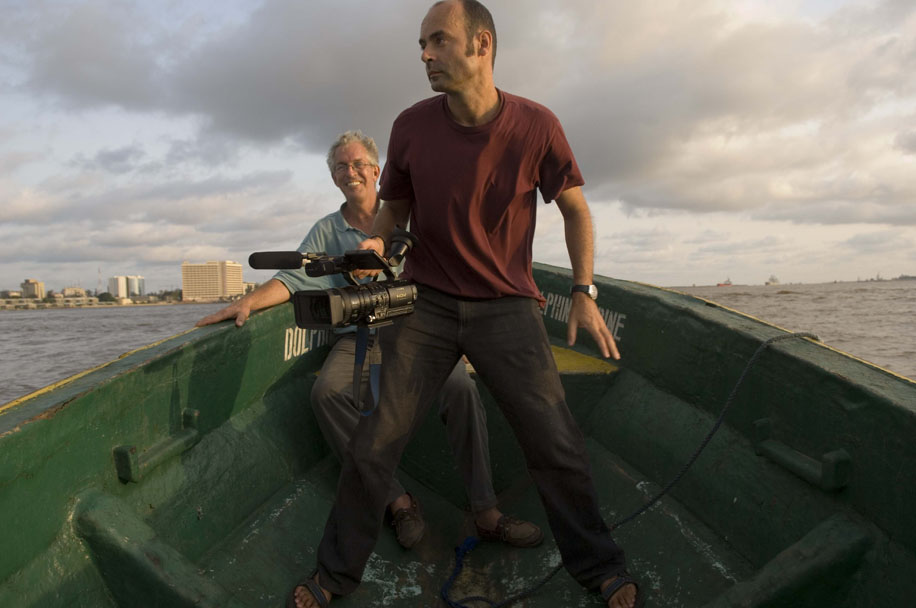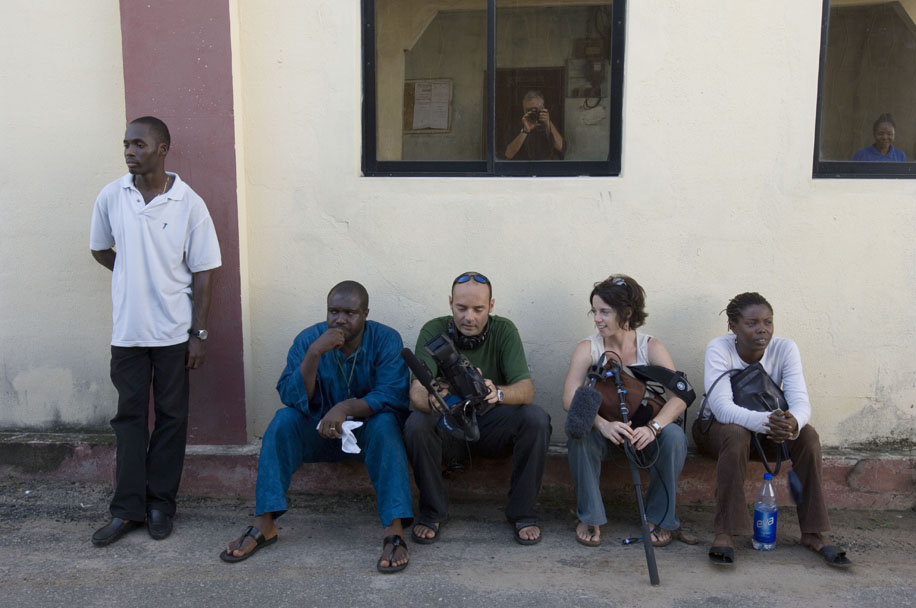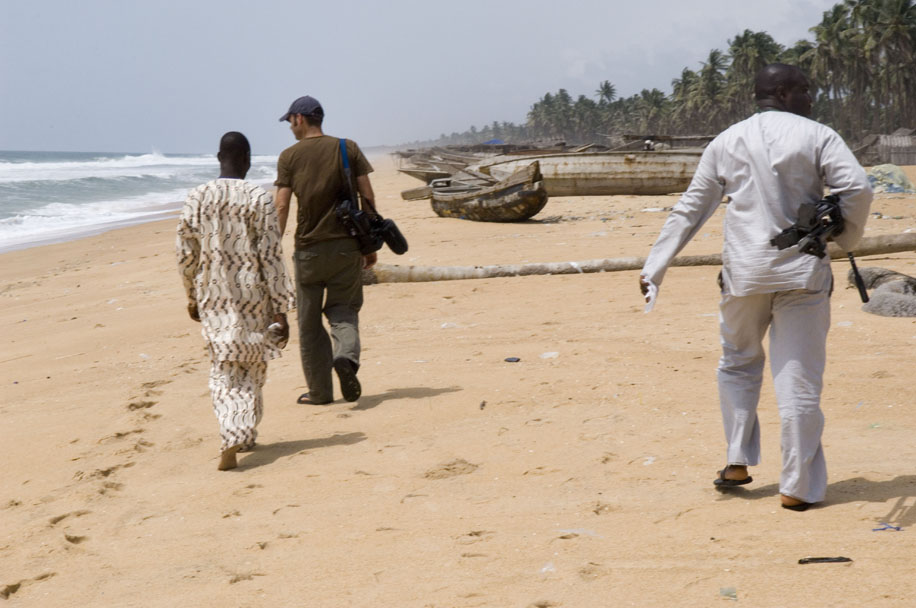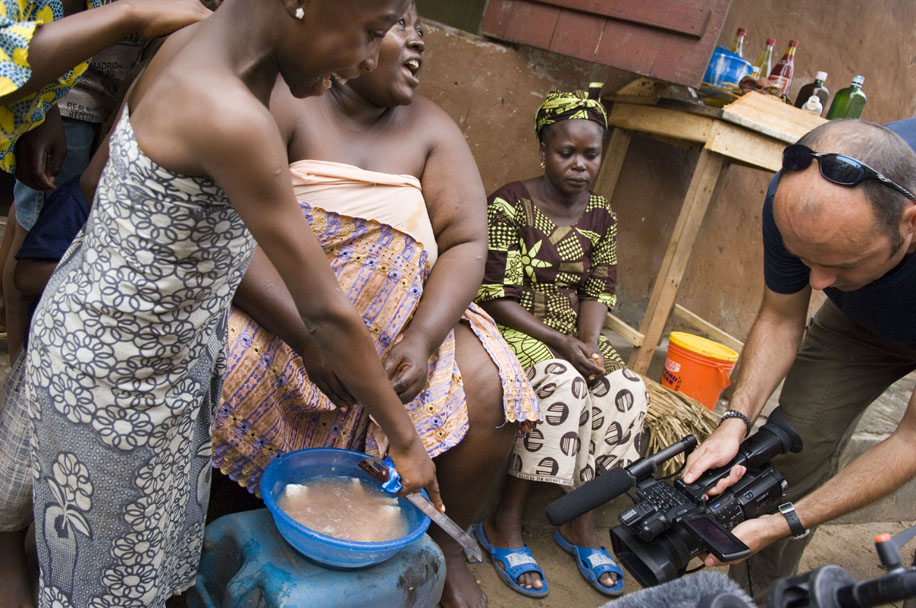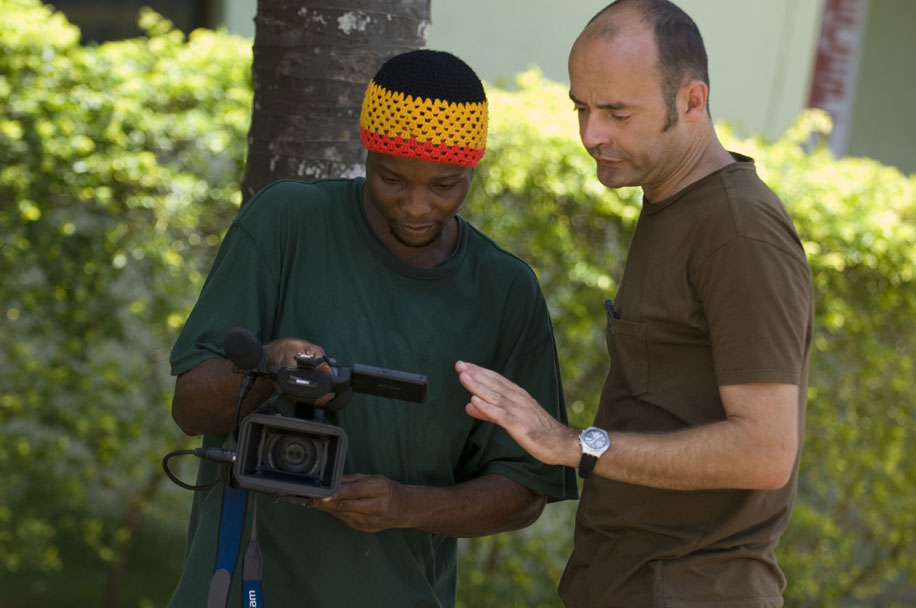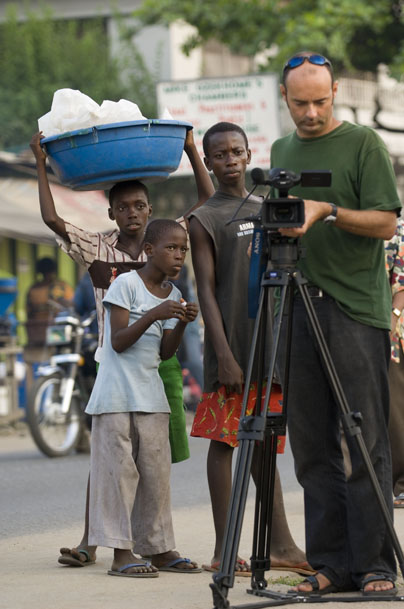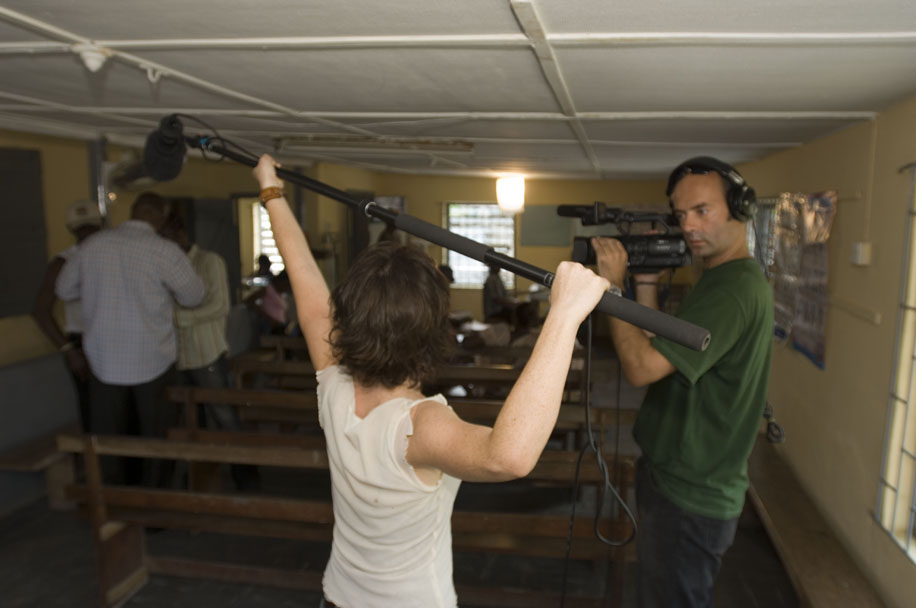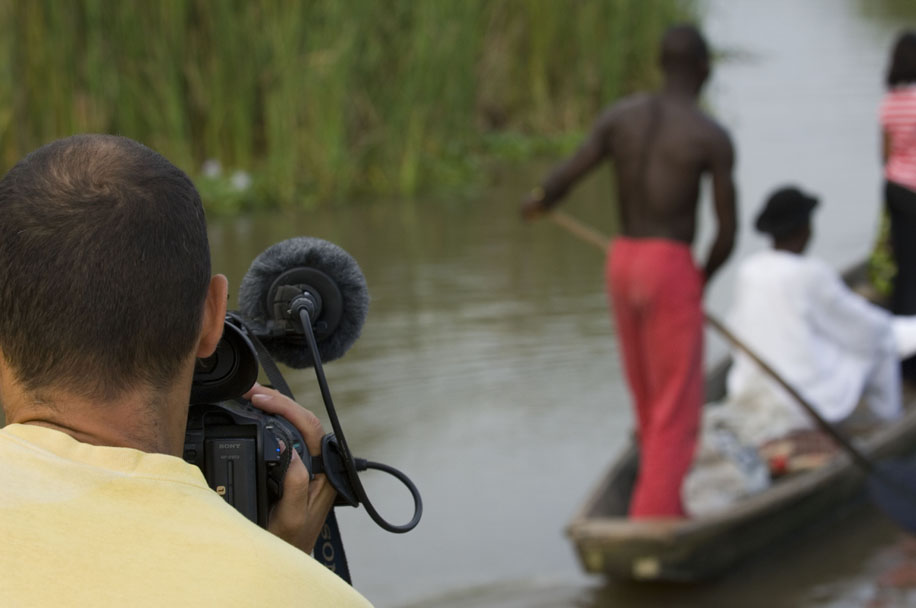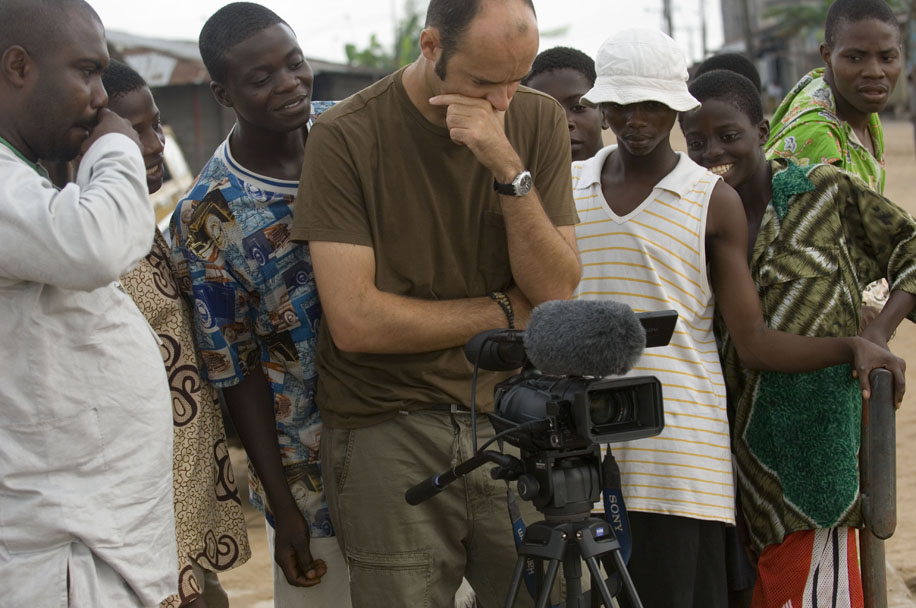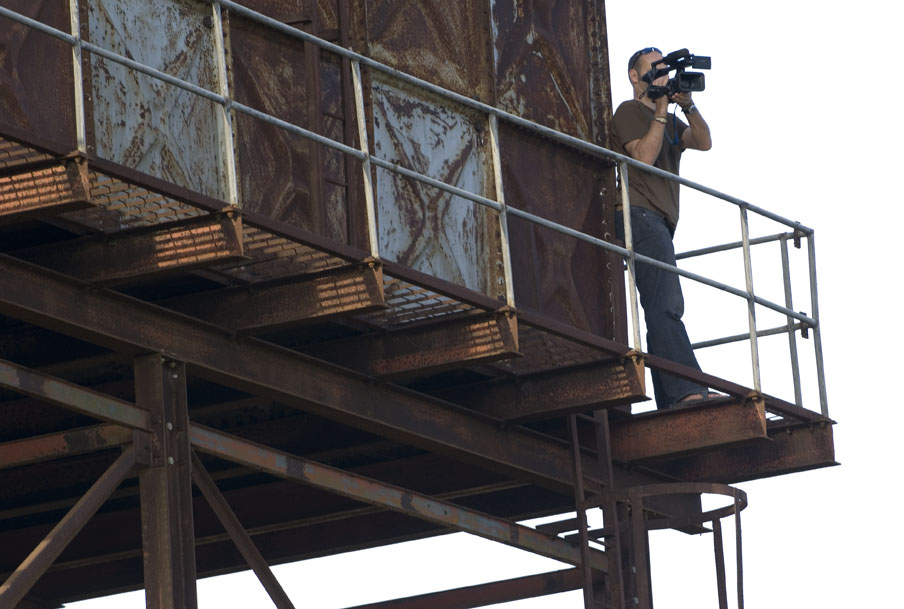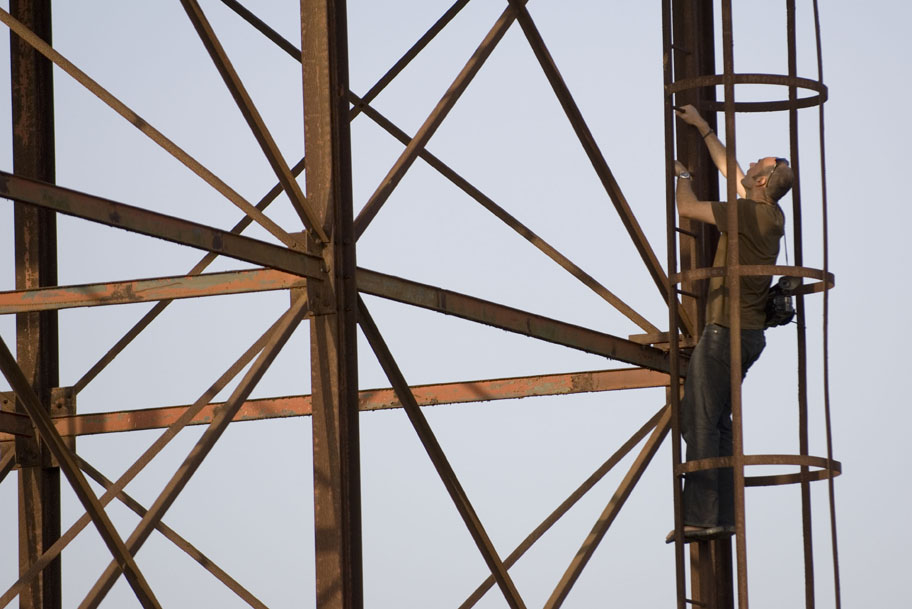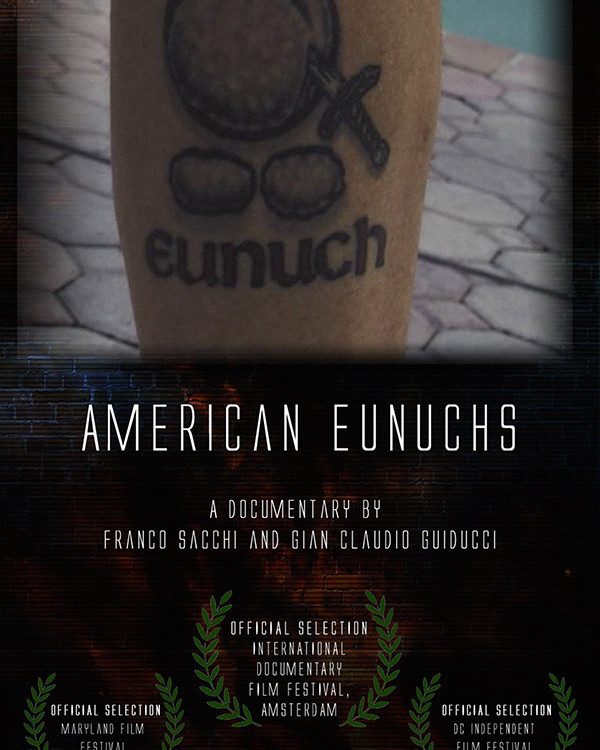This is Nollywood

American Eunuchs
April 22, 2016
CWG, MIT Video Case Study –
April 30, 2016This is Nollywood
Lorem ipsum dolor sit amet, consectetur adipisicing elit sed do eiusmod tempor inc
THE STORY
This Is Nollywood captures the story of Nigeria’s burgeoning but unknown movie industry through the personal tale of director Bond Emeruwa and his quest to shoot a feature-length action film in less than nine days. Bond, is armed only with a digital video camera, two lights, and about $20,000. His foe is a world that presents challenges un-dreamed of in Nollywood’s big brothers: Hollywood and Bollywood. His schedule, insane to us, is the norm in Nollywood, which produces over 2000 movies a year. This Is Nollywood follows Bond and his crew of fifty from day one to wrap as they make a cop movie called “Checkpoint”. In old jalopies of cars and a rusting crew van, they travel from the traffic-snarled, smog- and poverty-laden, end-of-the-world megalopolis Lagos to a small and simple village. This Is Nollywood takes us deep inside a world peculiarly African, yet full of striving and dreams that are universal. Between days on the set, we cut back to Lagos where we meet the founding fathers of the industry, and observe a casting session under an African tree where hundreds of actors and actresses of stunning beauty arrive in hopes of being selected for upcoming productions. Bond and his crew are proud and feel they are part of an adventure that goes well beyond the making of a movie. They understand that Nollywood is one of the very few positive stories of modern Africa and that its success can have profound and positive effects on the entire continent.
Official Website:
www.thisisnollywood.comDistributed by CALIFORNIA NEWSREEL
Available in streaming on Fandor
CREDITS:
Director: Franco Sacchi Producers: Robert Caputo, Franco Sacchi Editor: Franco Sacchi Cinematography: Franco Sacchi, Robert Caputo Production Coordinator: Eke Ume
FESTIVALS (Selected):
Winner, Audience Award, Abuja Intl Film Festival, 2007 Official Selection, Rhode Island Intl. Film Festival, 2007 Official Selection, Roxbury Film Festival, 2007 Official Selection, Woods Hole Film Festival, 2007 Official Selection, London’s Raindance Film Festival, 2007 Official Selection, Rhode Island Intl. Film Festival, 2007 Official Selection, Cannes, Pan African Film Festival, 2008 Official Selection, Amakula Kampala, Uganda. Film Festival, 2008 Official Selection, Rhode Island Intl. Film Festival, 2008 Official Selection, Africa in the Picture Film Festival, Amsterdam. 2008
BROADCASTS (Selected):
SABC1 (South African Broadcasting Corp.), 2008 Sky-Arts. UK, 2008 Quest HD, Canada, 2008 Turner Broadcasting (TBS), Latin America, 2009
Behind the scenes and Project Summary:
When I first read about Nigerian directors producing hundreds of feature-length films with digital cameras, a week, and a few thousand dollars, I found the subject irresistible. Here was not only a rare positive story about Africa, but one that embodied the egalitarian promise of digital technology—anybody can make a movie. And Nollywood was virtually unknown.
When I approached the Center of Digital Imaging Arts at Boston University (where I teach) with the idea of producing a documentary film about Nollywood, the reaction was immediate. Nollywood is a perfect example of CDIA’s philosophy: embrace technology and don’t be afraid to tell stories that matter to you. Aimee Corrigan, a young and talented photographer with a great passion for Africa, and Bob Caputo, who also taught at CDIA, quickly signed on. Bob told me that in 30 years of covering Africa for Time and National Geographic as a writer and photographer he had never come across a story so positive and full of hope.
The three of us set out for the Nigerian capital Lagos in October 2005. Just the ride in from the airport—two hours to go a few miles in utterly snarled horn-blaring traffic, eyes aching from the smog—gave us a small taste of the conditions Nollywood directors face daily. Our admiration for their determination began at that moment. We agreed immediately that African actors, directors, and producers should tell their own story in our film without commentary from us or other westerners. Of course, we filmed and edited the Nollywood story with our own sensibilities but our greatest hope is that the authentic voices of the Nigerian filmmakers will be heard.
Nollywood filmmakers are conscious of the responsibility they have toward their society—director Bond Emeruwa says they feel an obligation to “put a message in there.” But the production of each movie is also an adventure—overcoming hurdles unimaginable in the West, racing against an impossibly short clock. In the end, the film we made, This Is Nollywood, is about more than a fascinating and unheralded movie industry. It’s about people surmounting obstacles to achieve their dreams.

